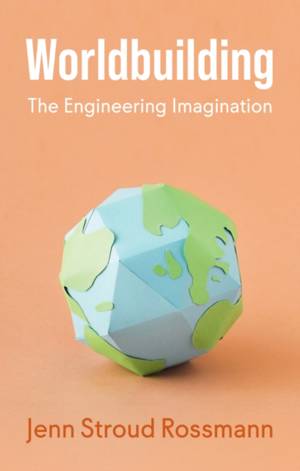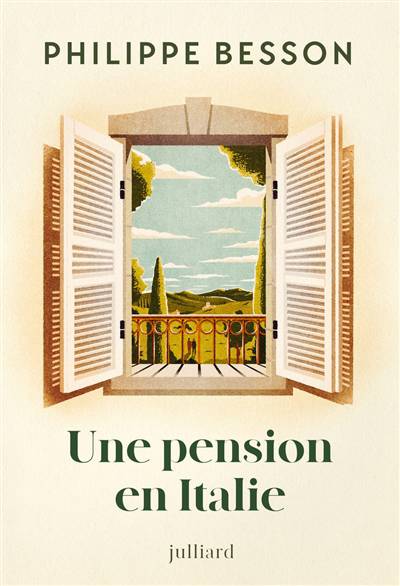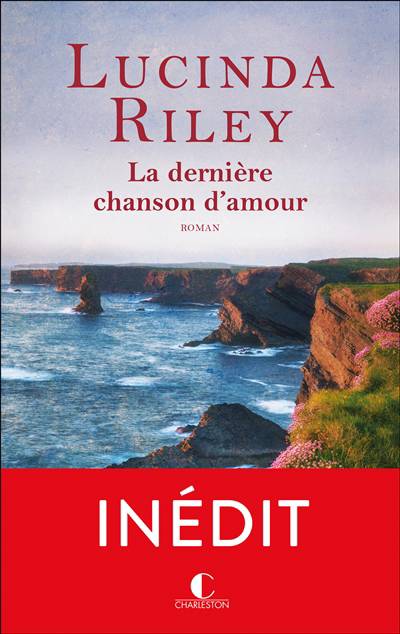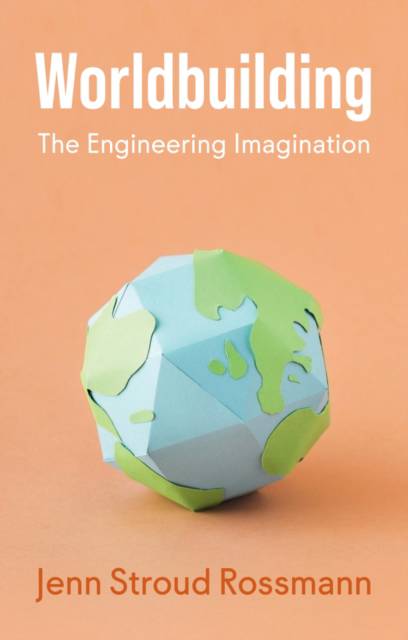
- Retrait en 2 heures
- Assortiment impressionnant
- Paiement sécurisé
- Toujours un magasin près de chez vous
- Retrait gratuit dans votre magasin Club
- 7.000.0000 titres dans notre catalogue
- Payer en toute sécurité
- Toujours un magasin près de chez vous
86,45 €
+ 172 points
Format
Description
Engineers across the globe are building our future and, by extension, our world. But how can these engineers--whose educations have often encoded historical gendered, raced, competitive, and capitalist norms--responsibly engage in worldbuilding, which is both an art and a science? How can we better prepare the next generation to build a world that is more inclusive and intersectional? In this concise and accessible book, writer and engineer Jenn Stroud Rossmann argues that we need to upgrade the "engineering imagination". By interrogating engineering's history and storytelling traditions, she reveals how we could better understand and anticipate the impacts and implications of new technology, and better envision alternative futures. Far from being a merely technical science, engineering has been shaped--and can be revolutionised--by the ways that we talk about the history of technology, how art and literature portray scientists and technologists, and the ways that we pass on knowledge through education. Drawing upon sources as varied as literature, poetry, visual art, and film as well as history, theory, philosophy, and the technicalities of science, Worldbuilding is a guide to thoughtful technological citizenship for makers and users alike. Engineers across the globe are building our future and, by extension, our world. But how can these engineers--whose educations have often encoded historical gendered, raced, competitive, and capitalist norms--responsibly engage in worldbuilding, which is both an art and a science? How can we better prepare the next generation to build a world that is more inclusive and intersectional? In this concise and accessible book, writer and engineer Jenn Stroud Rossmann argues that we need to upgrade the "engineering imagination". By interrogating engineering's history and storytelling traditions, she reveals how we could better understand and anticipate the impacts and implications of new technology, and better envision alternative futures. Far from being a merely technical science, engineering has been shaped--and can be revolutionised--by the ways that we talk about the history of technology, how art and literature portray scientists and technologists, and the ways that we pass on knowledge through education. Drawing upon sources as varied as literature, poetry, visual art, and film as well as history, theory, philosophy, and the technicalities of science, Worldbuilding is a guide to thoughtful technological citizenship for makers and users alike.
Spécifications
Parties prenantes
- Auteur(s) :
- Editeur:
Contenu
- Nombre de pages :
- 224
- Langue:
- Anglais
Caractéristiques
- EAN:
- 9781509567133
- Date de parution :
- 07-01-26
- Format:
- Livre relié
- Format numérique:
- Genaaid

Seulement chez Librairie Club
+ 172 points sur votre carte client de Librairie Club
Les avis
Nous publions uniquement les avis qui respectent les conditions requises. Consultez nos conditions pour les avis.







